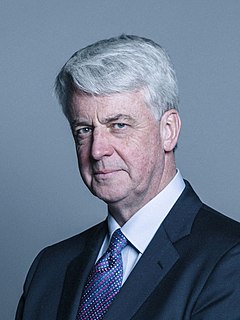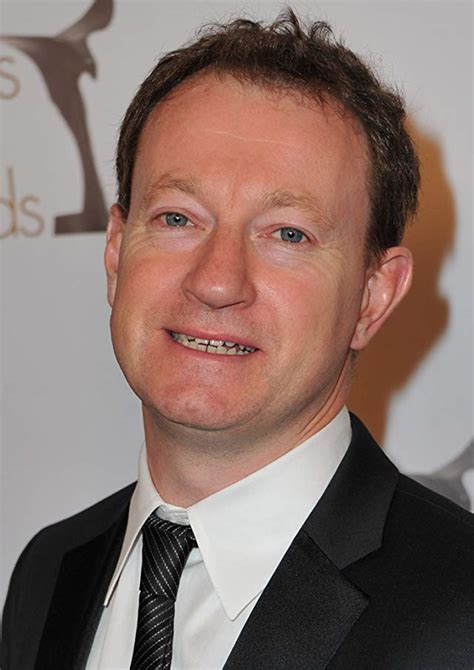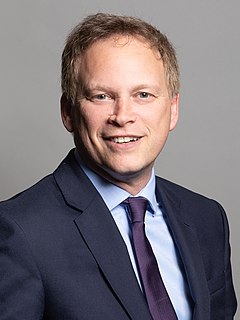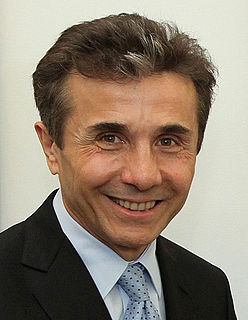A Quote by Andrew Lansley
I became a Conservative in the late 1980s because I could see that the Conservative party had transformed Britain's economy and our standing in the world compared to Labour in the 1980s.
Related Quotes
People have had certain assumptions in the past about Conservative governments, partly because of some of the things that happened in the 1980s, and partly because of the tone of some of the debate in the 1980s that appeared to say public spending on the arts was something you might want to progressively reduce.
People have had certain assumptions in the past about Conservative governments, partly because of some of the things that happened in the 1980s, and partly because of the tone of some of the debate in the 1980s that appeared to say public spending on the arts was something you might want to progressively reduce.
While Labour Party orators readily remember the 1980s for Conservative Prime Minister Margaret Thatcher's free-booting variety of entrepreneurial meritocracy, what gets forgotten is that Thatcher also gave the heave-ho to the old establishment's notion of merit - good breeding, a posh school, and so on.

































